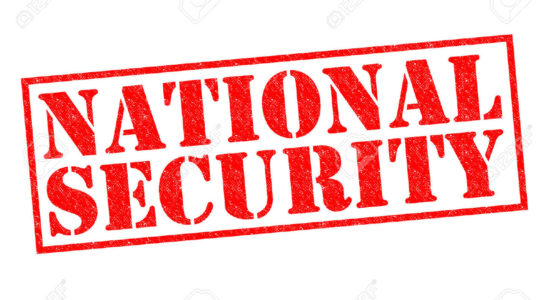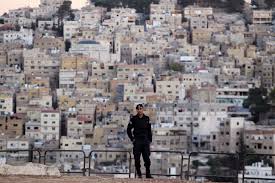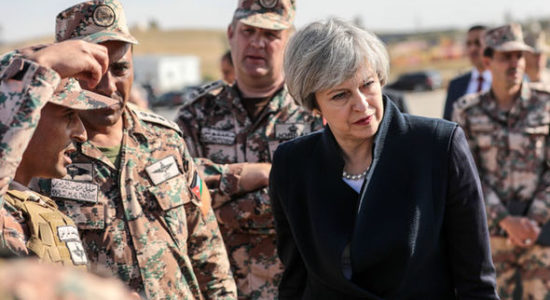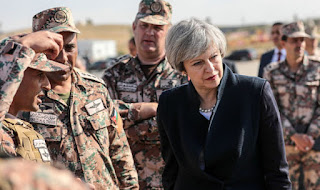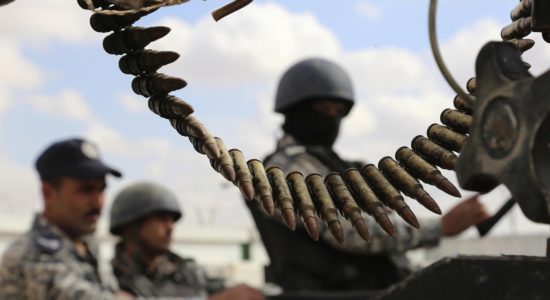The new phase of terrorism
Many observers believe that recent developments in security measures have increased the effectiveness with which we can face terrorism, as evidenced by the falling number of attacks by IS or other groups. While we may have developed strategies and tact…


